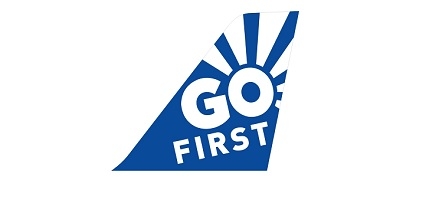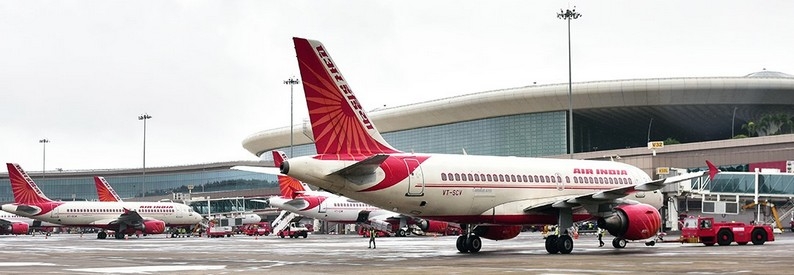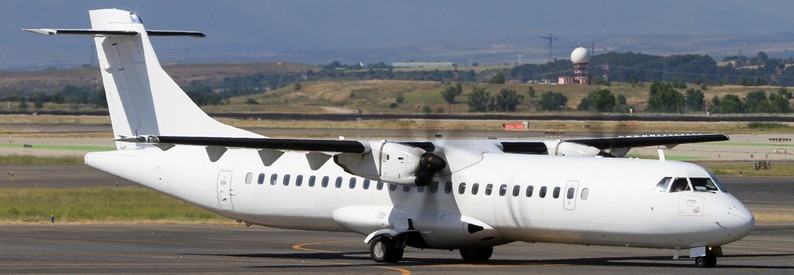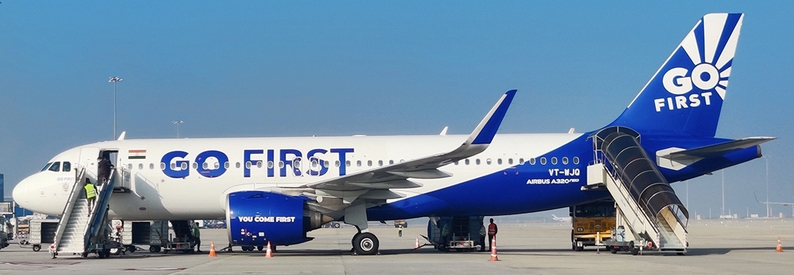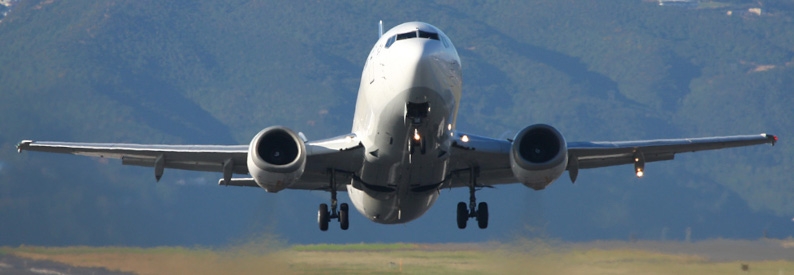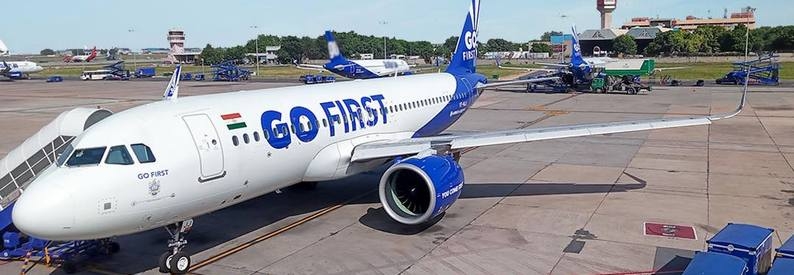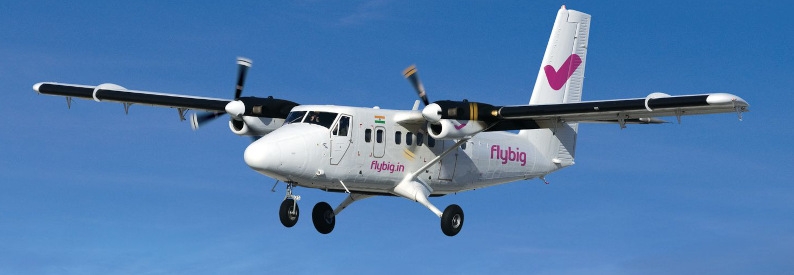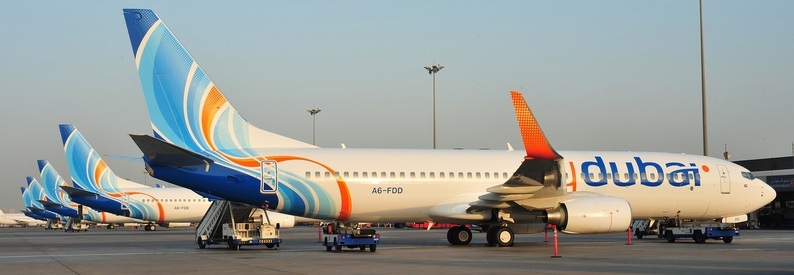The Securities and Exchange Board of India (SEBI) has given Go Airlines (India) Private Limited t/a Go First (Mumbai International) the go-ahead for its planned debut on the Mumbai Stock Exchange (BSE), sources familiar with developments have told India's Economic Times newspaper.
“Sebi has cleared the proposal with some observations,” said one of the sources, who said the greenlight came on Thursday, August 26.
In its draft prospectus, GoFirst listed its shareholders as:
- Go Investments & Trading Private Limited - a vehicle for the Wadia family whose directors include Nusli Neville Wadia, Ness Nusli Wadia, Anilkumar Jewraj Hirjee, Jeh Wadia, Sunil Kumar Sharma, and Jairaj Champaklal Bham - with 49.12%,
- Nusli Neville Wadia with 23.12%,
- Baymanco Investments Limited with 21.05%,
- Sea Wind Investment and Trading Company Limited with 3.76%.
The remaining 2.94% is held by various smaller shareholders.
According to the Economic Times, SEBI's approval came after Jehangir Wadia, one of the airline's promoters and the younger son of Wadia Group patriarch Nusli Wadia, resigned from the boards of Britannia Industries and Bombay Burmah Group after having stepped down as the managing director of Go Airlines as well as Bombay Dyeing and Manufacturing Co. earlier in the year. His exiting all listed companies under the conglomerate was one of the pre-requisites SEBI had set for its approval for Go First, previously known as GoAir (Mumbai International), to list.
“SEBI has cleared the proposal with some observations,” said one of the people cited above.
The budget carrier can now move to the next step - the filing of a final red herring prospectus which incorporates SEBI's comments. It can also start road shows to garner investor interest. However, it is uncertain whether investors currently have an appetite for airline stocks given the uncertainty that currently pervades the global travel market.
Go First plans to raise up to INR36 billion rupees (USD490 million) for use in paying off loan repayments, the replacement of letters of credit, which are issued to certain aircraft lessors in securing lease rental payments and future maintenance of aircraft, with cash deposits, debts to the Indian Oil Corporation, and for general corporate use.
